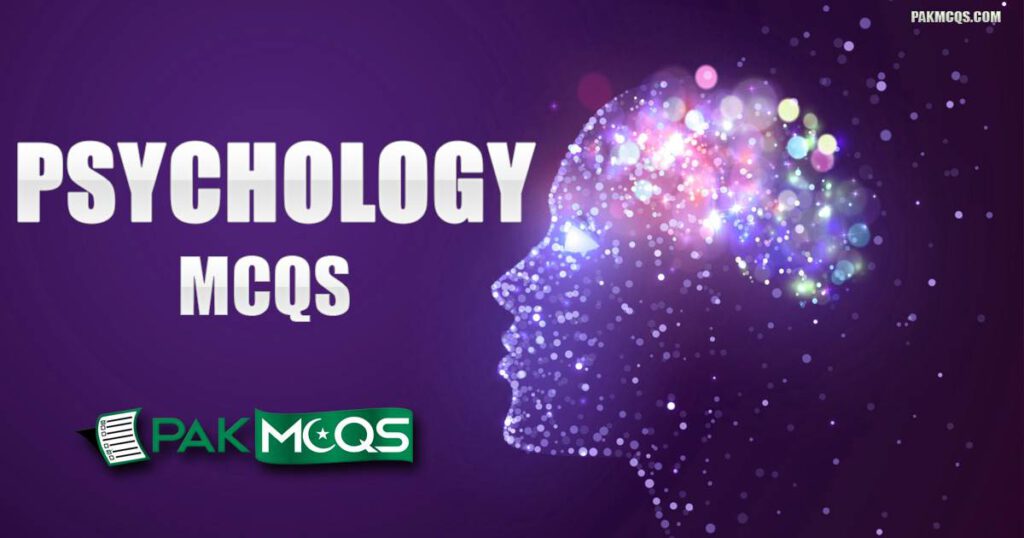A. borderline
B. disorganized
C. catatonic
D. paranoid
Psychology Mcqs
Psychology Mcqs for Preparation – These Multiple Choice Questions are important for Lecturer Psychology, Clinical psychologist, Counselling psychologist, Educational psychologist and Forensic psychologist Jobs tests. Psychology Mcqs questions are very important for all type of exams conducted by Fpsc, Nts, Kppsc, Ppsc, Spsc, Bpsc, Ots, Uts, Pts, Cts, Ats, etea and other testing agencies of Pakistan.
| PSYCHOLOGY MCQS | |||
|---|---|---|---|
| 1. Introduction to Psychology | 2. Emotions | ||
| 3. Therapy | 4. Memory | ||
| 5. Intelligence | 6. Infancy And Childhood | ||
| 7. Health Psychology | 8. Forensic Psychology | ||
| 9. Branches of Psychology | 10. Attitudes, Attributions And Social Cognition | ||
| 11. Adolescence And Adulthood | 12. Abnormal Psychology | ||
| 13. Social Psychology | 14. Sensation And Perception | ||
| 15. Research Methods | 16. Psychology Theories | ||
| 17. Psychological Disorders and their Treatment | 18. Personality | ||
| 19. Organizational Psychology | 20. Nervous System | ||
| 21. Motivation | 22. Methods and Approaches | ||
| 23. Methodology | 24. Major Thinkers in Psychology | ||
| 25. Learning | 26. Language And Thought | ||
| 27. Interpersonal Relations And Group Processes | 28. Industrial Psychology | ||
| 29. Educational Psychology | 30. Developmental Psychology | ||
| 31. Criminal Psychology | 32. Coordination | ||
| 33. Cognitive Psychology | 34. Biological Foundations of Behavior | ||
| 35. Miscellaneous Psychology | 36. | ||
A. psychological tests
B. psychiatric interviews
C. psychological interviews
D. There is no effective method
A. acting ability of the pseudo-patients
B. generally low quality of training of hospital staff members
C. effects of the labeling and context
D. fact that pseudo-patients were so heavily drugged
A. wider ventricles
B. smaller fissures
C. smaller ventricles
D. fewer fissures
A. specific objects or situations
B. bugs and crawling things
C. intense reactions like vomiting or fainting
D. heights and unfamiliar places
A. organic
B. psychotic
C. somatic
D. substance use
A. loss of contact with reality
B. unresolved anger
C. unresolved Oedipal conflict
D. high levels of anxiety
A. low dopamine levels of activity in the brain seem to produce psychotic symptoms
B. there are high level of dopamine activity in the brains of psychotic people
C. there are high levels of amphetamine activity in the brains of psychotic people
D. dopamine interacts with serotonin creating psychosis
A. obsessive-compulsive disorder
B. organic brain syndrome
C. affective disorder
D. dissociative disorder
A. avoidant
B. schizoid
C. borderline
D. paranoid


